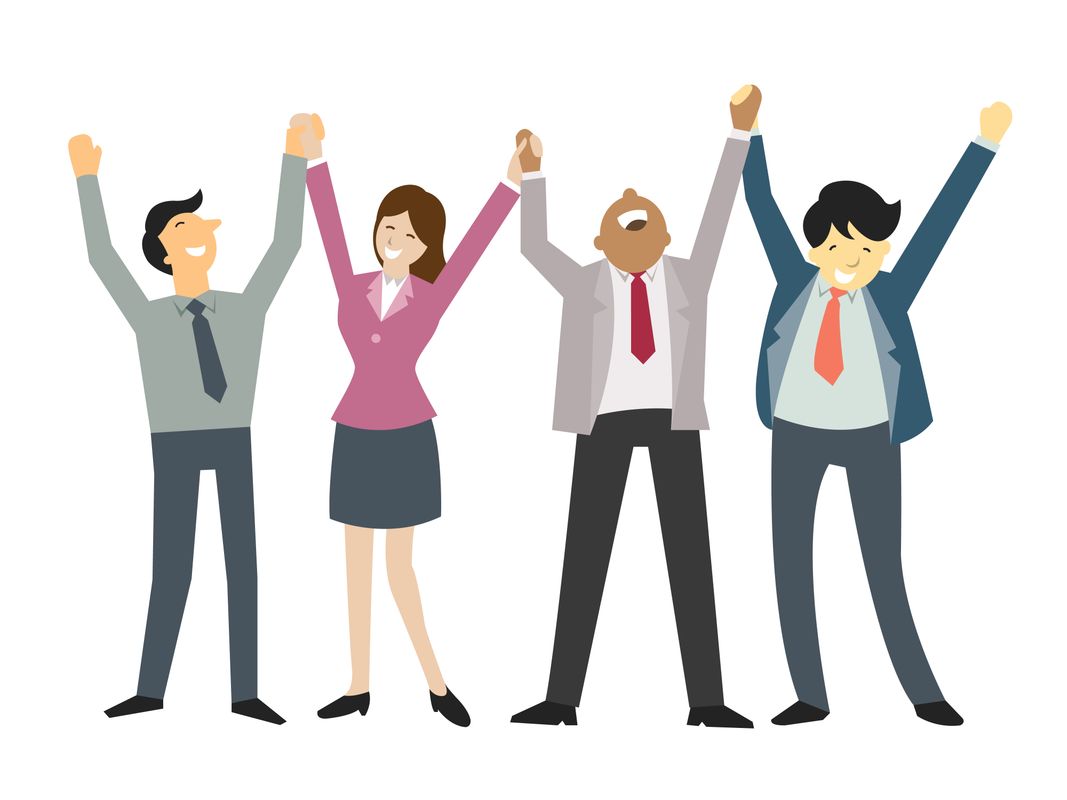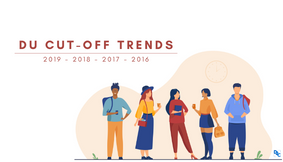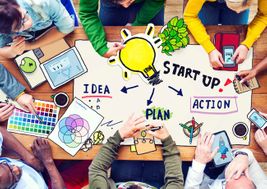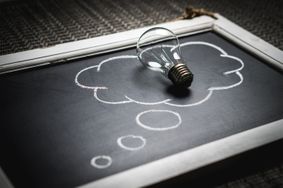Best employee engagements through gamifications and competitions

Quickly catching up to become the leading tool for employee engagement and learning, gamification and competitions have taken the corporate field by storm. It’s a process through which game-based thinking and tools are used strategically in a non-game context, for increasing engagement and positive outcomes.
Gamification is an emerging trend in the employee engagement and it takes the support of digital environment as well as social media to create opportunities with specific points and status with the conditions that the employee achieving the most receives reward and additional recognition. The major purpose of this activity is to improve the skills and modify the goals aiming towards a better future.
Benefits of Employee Engagement Program
Employee engagement is correlated to the profitability of an organization, this little fact has been backed by countless research across the globe. There have been several ways to accomplish the engagement, but none so successful as incorporating games and competitions in the work structure.
The advent of social media brought forward a gaming culture, one that is a common interest point amongst most of the working individuals. Gamification is the perfect cog in that machine.
It provides a platform for the employee to learn and take decisions in line with the organization’s betterment, all the while having fun and providing useful real-time feedback.
According to a recent Poll, it has been observed that the organizations using Gamification in their employment cycle faced excellent results like 147% better performance, 37% fewer absences and much more. This program has already proved to be a blockbuster and it will soon bring a friendly revolution in the corporate world in future.
We at Unstop (formerly Dare2Compete)understand its nuances and have perfected the various tools/programs for the same. There is no one-size-fits-all policy to it, so we customize according to each new organization, or employ one of our tried and tested tools, namely employee based quizzes, competitions, simulation games or various engagement activities.
Monetary benefits could never be as successful as gamification for achieving the desired positive surge as it provides no gain in intellect or enthusiasm towards the work. On the other hand, rewards and recognition through games and competitions that improves the skills and awareness of an employee is naturally the more benefiting choice.
Examples of Employee Engagement Program Organised by Dare2Compete
When Unstop (formerly Dare2Compete)created an internal quizzing property for PwC, the idea was to increase nationwide employee engagement for their organization. The results were so phenomenal that PwC has been using the same for a couple of years now, engaging employees both online and offline.
The transparency and wide-reach of such programs are one of the many plus points which define its efficacy. Apart from these, competitions/games make the player better at noticing finer details, paying attention, and the different levels of the games break habituation.
The employers could choose their focus areas by using data from employee surveys and interviews, thereby deciding which field requires the most engagement. The games based on these studies should then be formed with fair rules, easy to understand targets, valued rewards and most importantly, should be fun to play.
We kept all these requirements in focus while designing a pan-India employee engagement campaign for IndiGo. The online mode made it easily accessible to all their employees and the organization saw a much higher participation rate than expected. A pleasant surprise which becomes even better when one realizes the positive impact it has on collective employee psyche.
What we need to understand here is that human beings are inherently social animals, we will work harder and pay more attention to a task if the social aspect of it is strong. We are show-offs, and an office-wide competition gives us the exact leverage to show our skills and achievements to others.
There are various parts of an organization that could benefit directly from gamification. HR and marketing are the obvious first, but apart from that, some not so obvious benefits are training and development, creativity, company culture, and teamwork.
With time and positive results, the acceptance of gamification and competition in many organizations all over the world has seen an upsurge. The employees became more engaged, the profits rose and the overall satisfaction surged. Something we saw happen with the employee engagement program we conducted for the Deutsche Bank.
A different approach is what the corporate needs for a better environment and better profits, and gamification seem to be the best bet in the years to come.
Login to continue reading
And access exclusive content, personalized recommendations, and career-boosting opportunities.














Comments
Add comment